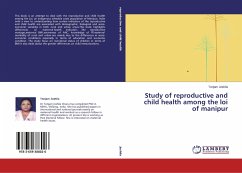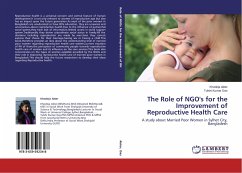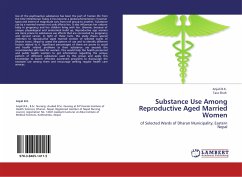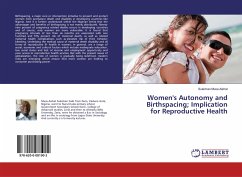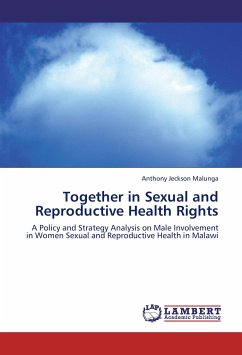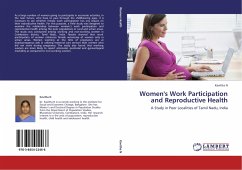In patriarch society, the role of men is dominant and most of the decisions are made by male in all sphere of life. The women are recognized either by the wives of certain male or mothers of particular person rather than their individual identity. However, during 1990 the feminist movements, advocacy groups and various international conferences (especially UN Cairo and Beijing) became the main platform for promoting men's responsibility for improving women's status. After that many government adopted women friendly population and health policies in their national policies. Despite the various efforts, the status of women has not been improved as expected at a global level particularly in developing context. This book attempts to explore the determinants that are related to men's participation in women's reproductive and child health care in Nepal. In addition, this book seeks to answer how Nepalese men are helpful to assist their partners during the time of pregnancy. Therefore, this book may be beneficial to understand the real fact about masculine role in partner's reproductive and child health care in Nepal.


